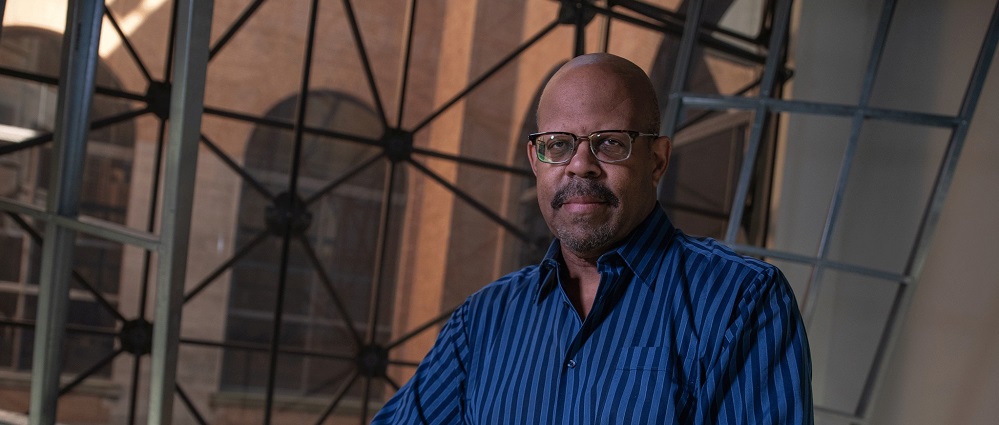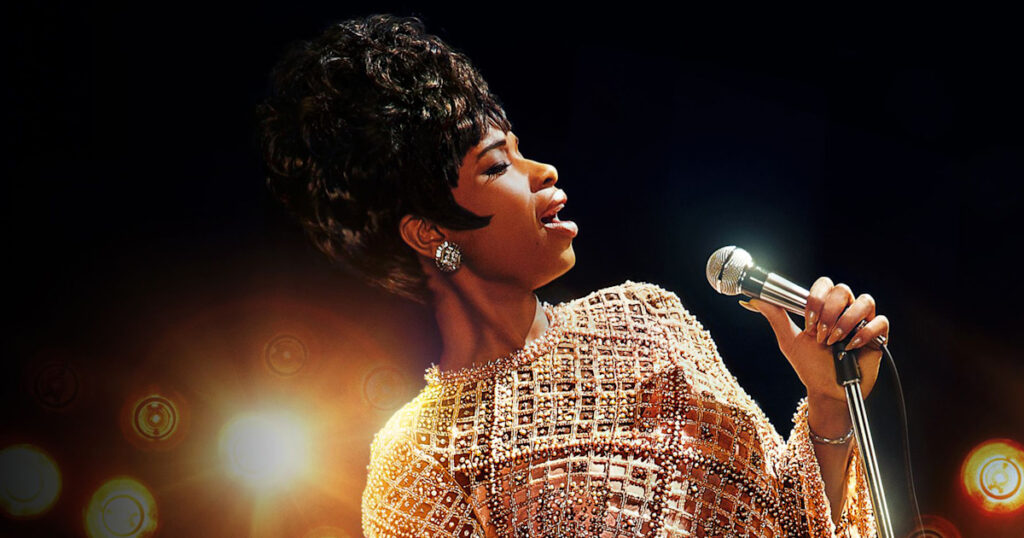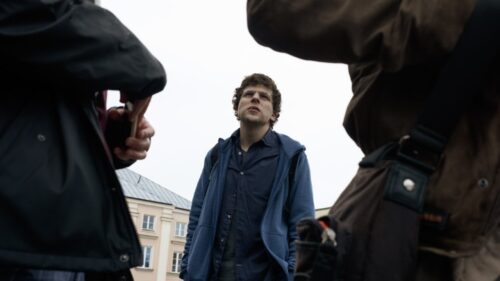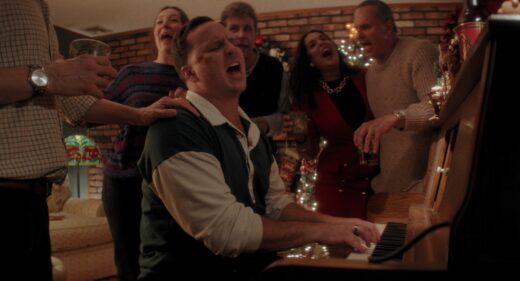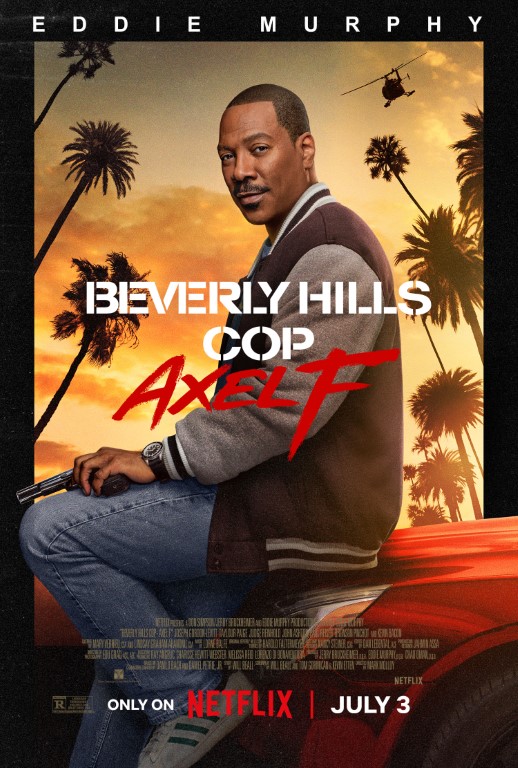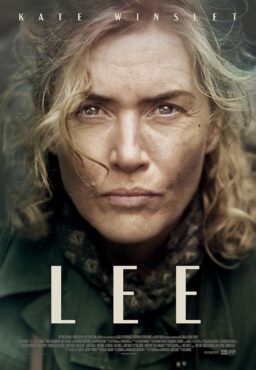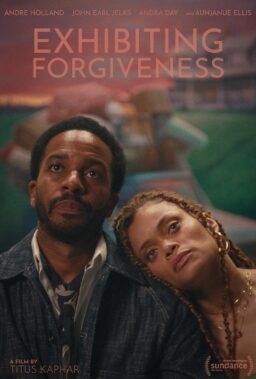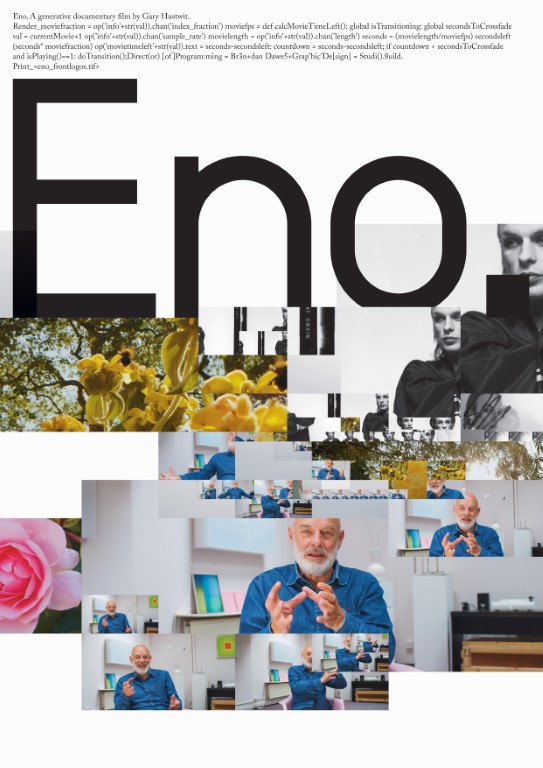Some things feel like they were meant to be. Such is the case with actress/singer Jennifer Hudson portraying the legendary Queen of Soul, Aretha Franklin in the new biopic "Respect," opening exclusively in theaters this week.
As anyone who is familiar with Franklin's life knows, it was filled with triumphs and tragedies, starting with her dysfunctional childhood, her very rocky relationship with her Detroit Baptist pastor and civil rights activist father Rev C.L. Franklin (played here by an outstanding Forest Whitaker), and troubled relationships with men and record execs while trying to establish her own voice and self worth.
The film, very slickly directed with a real visual flair by Liesl Tommy, a stage and TV director making her feature film debut, moves swiftly through its two-and-half-hour run-time and is anchored by a fantastic performance by Hudson, the best so far in her career. And, since last week, there has been strong buzz that Hudson is a shoo-in for a Best Actress Academy Award Nomination for her performance.
For Hudson, the film is validation of her life so far and the connections she feels to Franklin's life. Born on the South Side of Chicago in the notorious Englewood neighborhood, Hudson became an overnight sensation when she became a finalist in 2004 during the third season of "American Idol." Just two years later, she won the Oscar for Best Supporting Actress for her role as Effie White in "Dreamgirls." Personal triumphs in music, film, TV, and Broadway followed, as well as personal tragedies, but "Respect" represents a new level of achievement for Hudson. She recently talked to RogerEbert.com about the connections she had with Franklin, the importance of the film to her, and its challenges.
Was there any sense of pressure while making "Respect"? After all this isn't some regular biopic, but a film about a legend and a genuine musical icon. You know there are going to be a lot of people judging you if you got it right, or giving you the "side eye" playing the Queen of Soul.
[laughs] There's a bit of that. It's the most exciting thing and the scariest thing at the same time. But, while filming, everyone was telling me "You seem so calm." I couldn't think of that during the middle of filming. But now? It's hitting me now, It's all of those things.
It's no secret that Aretha Franklin has a very dramatic troubled life and in the film you have quite a number of intensely dramatic, emotional scenes. How do you prepare for doing a scene like that? You have to get into a mindset.
Yes! Those were, of course, the hardest scenes to do. They were the most emotional and most draining, and it takes the most out of you. So it was for those reasons that most nights before I may have slept a little longer. [laughs] But it's worth it. And, for me, that is the part of the connection of the things she saw and experienced. At first, people thought "Oh, Jennifer sings and acts," but it wasn't until I was in the middle of those scenes I was like "Dang! That was like my own life!" I had triumphed. I don't think I would have been able to tell it that much in depth and from a vulnerable place. So those are the things that I would say helped me and that I could draw from.

In other words, you saw yourself when you were making the film, especially in those scenes?
Yes! I mean sometimes I couldn't tell the difference. This feels real to me.
So it was beyond acting. You were reacting.
Yes I don't act. I react.
"Respect" is basically about a woman trying to establish and define her own self. Everyone else—her father, her husbands, John Hammond, Jerry Wexler—everyone is telling her who she is supposed to be, but Franklin is always trying to find her own voice, her own self of worth.
Right, and it wasn't until she owned it, had ownership of her voice, that she became her own self. Up until that point, it was an uphill climbing battle. She has a voice, but everyone else is using it for their purpose. But she needed to own it herself. Imagine having the most powerful voice in the world, the most beautiful voice in the world, but somehow it's still not yours. That has to to be hard.
But then again, no doubt you have experienced that in your career—people telling you how to sing and what to do. You can relate, I'm sure.
Oh yes! Yet another thing that felt so familiar.
Do you feel that you accomplished what you wanted to do in the film and in your performance? Or are you one of those performers who says to themselves "I could have done it better"?
[laughs] I don't think I did enough! And that's the thing that comes back to me. Did I cross every "T"? Did I dot every "I"? What more could I do? What more could I have done? Is that enough?
The other thing while watching the film is thinking everything that you have gone through on your journey has to come to this point. The good and the bad. Almost as if was destiny.
It's only a story that God could write. YES! I sit and I look at it and say "What is this design?" I mean even during my "American Idol" audition I sang an Aretha Franklin song. And when I think about all the other things that have gone into it, like the church, having a life where I've seen the highest of the highs and the lowest of the lows myself, you know what I mean? Her life being a blueprint for my career, being able to pay tribute to her so many times—just so many things that continue to unfold.
Well, as you know, it was reported many times while she was still alive that Franklin practically anointed you as the person to play her in the film about her life. When it happens for real, it's something else.
[laughs] Yes, yes, exactly! A dream is one thing but reality is something else!

Aretha's wish has become true—so how do you prepare for the role?
Well it depends on who you are portraying, but, for me, first of all, I'm a fan. I have been a fan of hers forever, listening to her as an artist. But, when it comes to playing this person, it's a completely different thing. So you have to start over. Yes, I've got the music part from being a fan but I have to develop the character. I didn't grow up in the '60s era, so what was it like being a woman during that time, which was completely different from the era in which I grew up? So there's an understanding that's needed, to be able to understand how women existed during that time. Why was she the way she was? What was her upbringing? What was her position from different perspectives? All that goes into it. And then add to that musicianship on top of that. For example, the piano. Even though it's a music thing it was an actor's choice to say, you know what I can't play a figure or chords like Aretha Franklin. But since piano playing is such a huge part of her life I had to learn that in some capacity, in some form to make it convincing. I mean she had so many layers. And I had acting coaches, a dialect coach, a movement coach. On the set, I had like ten people talking to me at once. [laughs] And, of course, having a personal relationship with her helped enormously.
What do you know today that you wished you had known when you started out in this business even going back to those "American Idol" days?
That is a great question! Oh My God! I guess just trusting yourself. Trusting your own instincts and knowing that you're on the right track to whatever you're trying to get to. Because when you're in that moment, you don't know that.
